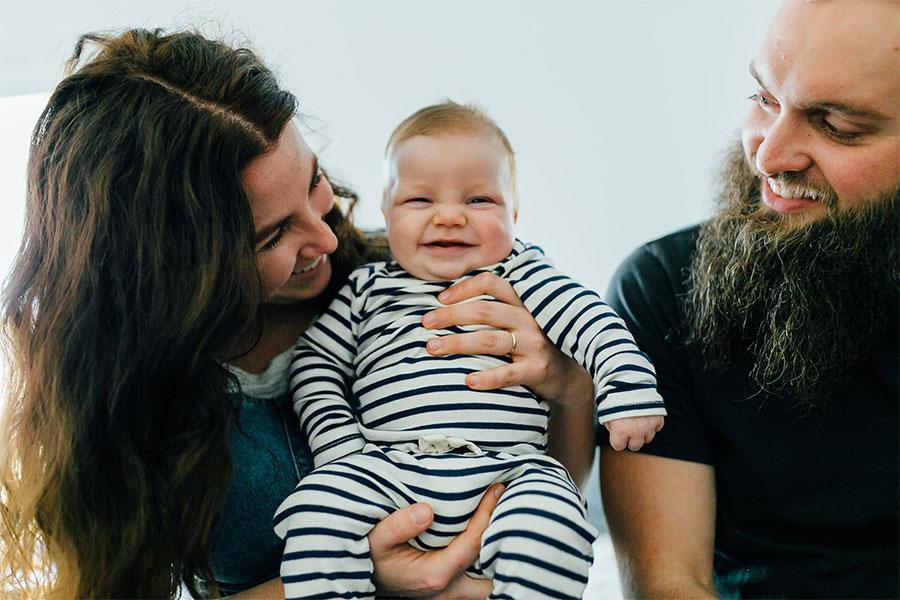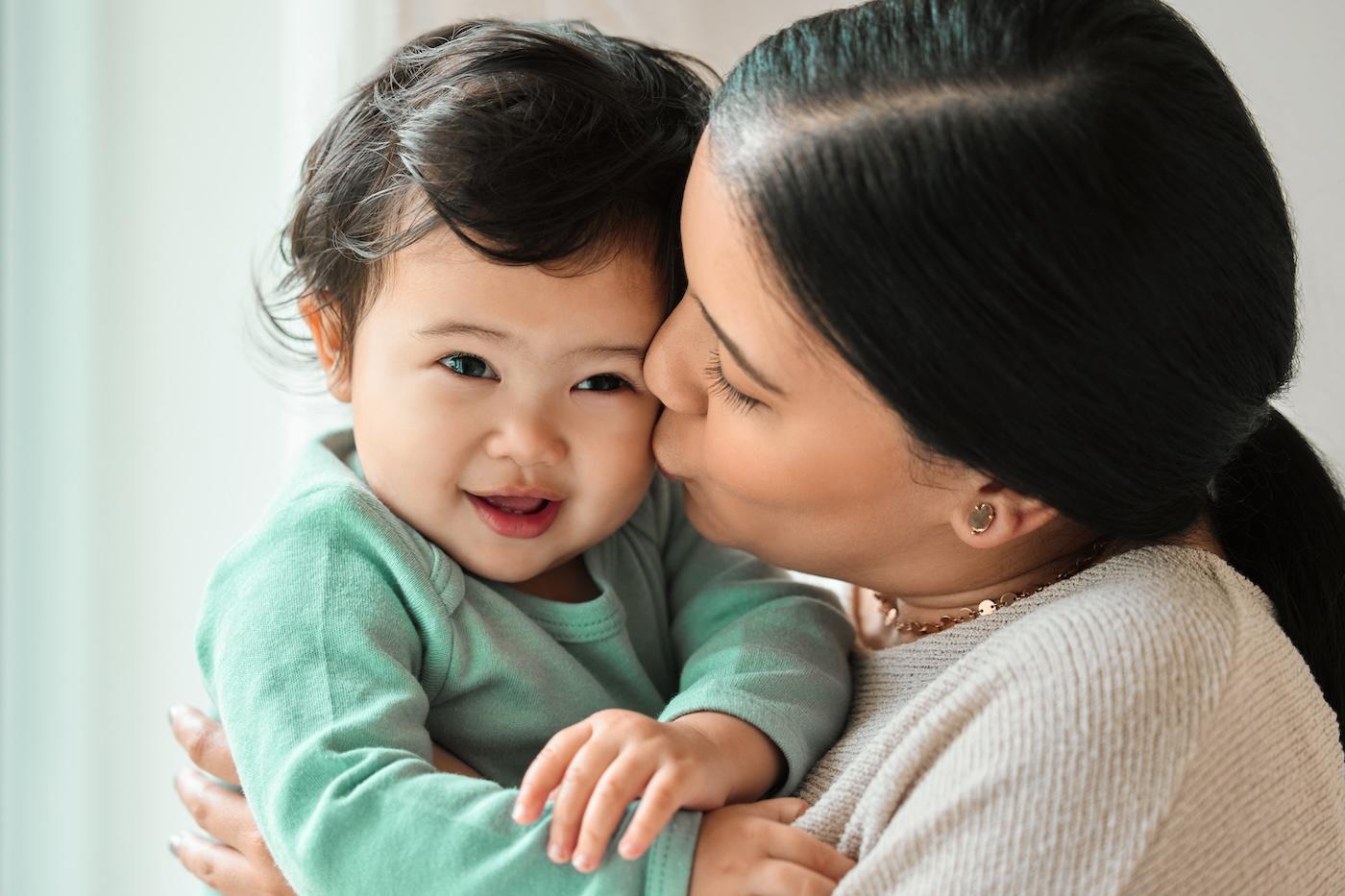PARENTS
New Parents Value Sleep More Than Money, Sex or ‘Me-Time’ - Survey Results
Sleep deprivation is the top challenge for families, 62% of parents told us.

Written by
Dr. Harvey Karp

If you are a new parent, you have likely struggled with sleep deprivation. Happiest Baby and BabyCenter wanted to learn as much as we could about the ways exhaustion affects your lives. In our survey of over 1000 parents (with babies under 6 months), we asked a slew of questions about sleep habits, challenges, emotions and relationships to share the current ‘state of sleep.’
Our biggest findings? Sleep deprivation is the top challenge for families, 62% of the parents told us—more so than lack of time (48%), money (34%) or sex (26%). According to these results, there is a clear winner in the neverending sex vs. sleep battle!
Similarly, sleep is the main thing parents miss from their pre-baby days, more than ‘me-time’ or sex. And, after having kids, parents feel more anxious (54%) and frustrated (47%) than before. Not only is it no fun to be a sleep-deprived mum and dad, but sleep deprivation makes us clumsier, more forgetful, and more prone to accidents...leading to bigger issues.
As a paediatrician who talks to young parents all the time, I am not surprised. The advice I give new mums and dads is that they should never feel guilty about seeking help. Without extended family pitching in or finding other support, you end up paying the price in missed sleep—and ultimately with your health.
![[object Object]](https://cdn.sanity.io/images/301lhh0a/production/288ba7c165b41d3719b4955f6d64ac4830b839cf-480x334.jpg?w=1080&auto=format&q=75&fit=max)
Click here to view the full infographic.
Just How Sleep-Deprived Are New Parents?
On average, parents get only 5.7 hours of sleep per night, and more than 75% of new parents have not slept a full 8 hours in months. Yikes! As a result, 78% report feeling tired or exhausted during the past week. Also, these sleep deprived parents indicate that their babies awaken an average of twice a night, with no improvement between ages 3 and 6 months!
Interestingly, mums and dads report feeling the same level of exhaustion. ‘A clear sign that partners are participating more equally in newborn care,’ comments Linda Murray, my partner in the study and BabyCenter’s Global Editor-in-Chief.
Today’s Parents Are Partners
Exploring that ‘partnership’ theme further, shared baby-duty seems to correlate with the overall happier picture that we saw in 2017 compared to our first survey in 2012.
New parents report feeling positive emotions at higher rates than negative ones. They feel more love (86%), joy (71%) and awe (70%) since the baby entered their lives. And, 46% percent of parents feel ‘very confident’ about the decisions they make as mums and dads. (That said, the lack of sleep puts significant strain on relationships. Of the parents getting the fewest hours of sleep a night, 47% report feeling distance from their partner or spouse, compared to 33% in the most rested group.)
And what is so heartening to this paediatrician is that messages about safe sleeping practices are being received. In our 2012 parent survey, 25% of parents reported that their baby slept in bed with them for most of the week. In the latest survey, that number dropped to 20%.
It is my hope that we will see a steeper decline in bed-sharing by 2022. Let us keep spreading the word that it is safest for babies to sleep next to their parents' bed but not in it—and babies should always be laid down on the back to sleep. These are the best ways we can protect our little ones in the first 6 months of life.
Disclaimer: The information on our site is NOT medical advice for any specific person or condition. It is only meant as general information. If you have any medical questions and concerns about your child or yourself, please contact your health provider. Breastmilk is the best source of nutrition for babies. It is important that, in preparation for and during breastfeeding, mothers eat a healthy, balanced diet. Combined breast- and bottle-feeding in the first weeks of life may reduce the supply of a mother's breastmilk and reversing the decision not to breastfeed is difficult. If you do decide to use infant formula, you should follow instructions carefully.
SHARE THIS ARTICLE
PARENT PICKS
Bestsellers



















